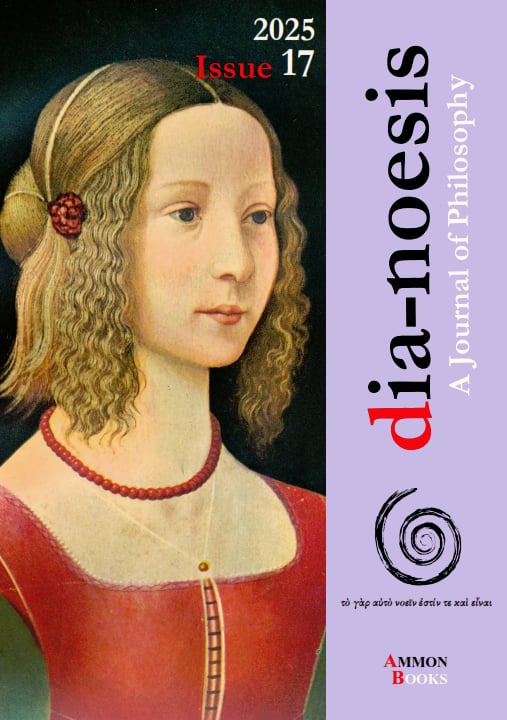Knowing: The Zone of Interest from a Philosophical Point of View

Abstract
Watching the film The Zone of Interest by Jonathan Glazer, one cannot overlook the philosophical ideas that permeate it, just as one cannot help but admire the way the director unfolds these ideas on screen: harsh, bordering on brutal, ironic, wonderfully repellent. Rudolf Höss, as commandant of Auschwitz, knows—but this awareness of reality does not touch him. Hedwig Höss chooses not to know, or to ignore, wrapped in the veil of a paradise that exists only as a morbid construction in her mind. The film is haunted by Platonic and Aristotelian notions of eidenai—awareness, distortion, perversion, selective perception. At the heart of the hell of Auschwitz lies Hedwig’s garden, a living representation of her disturbed psyche. How does Robert Musil put it? Depending on the perspective from which one approaches the subject of humanity, many partial truths emerge.
Article Details
- How to Cite
-
Antoniadis, C. (2025). Knowing: The Zone of Interest from a Philosophical Point of View. Dia-Noesis: A Journal of Philosophy, 17(1), 351–374. https://doi.org/10.12681/dia.41718
- Section
- Articles


